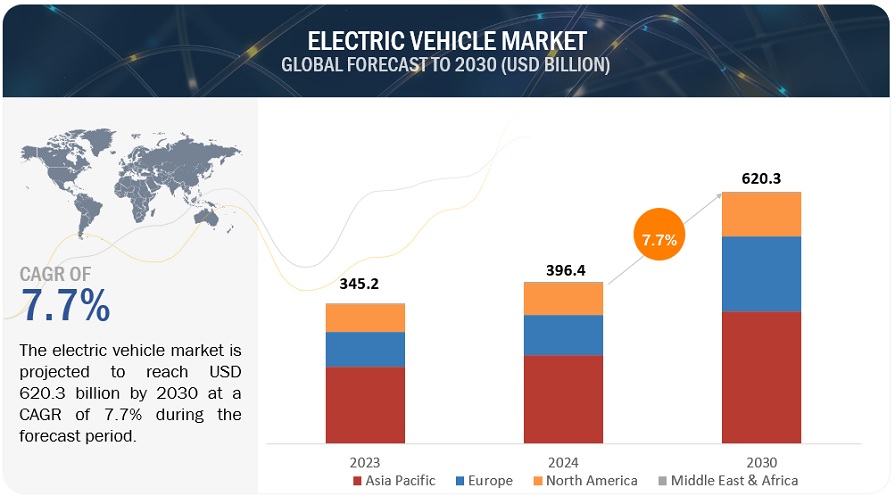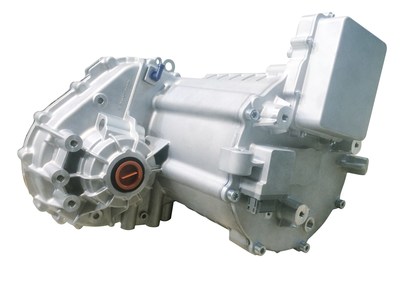
Powering Sustainable Mobility
The heart of electric vehicles lies in their batteries, playing a pivotal role in the shift towards sustainable mobility. Electric car batteries represent a technological cornerstone, propelling the clean energy revolution and transforming the way we approach transportation.
Electric Car Battery: Technological Marvel
Electric car batteries are more than just energy storage devices; they are technological marvels. Lithium-ion batteries, commonly used in electric vehicles, have become synonymous with efficiency and energy density. The continuous advancements in battery technology contribute to longer ranges, faster charging times, and increased durability.
Energy Density and Range Advancements
The energy density of electric car batteries is a critical factor in determining the range an electric vehicle can cover on a single charge. Ongoing research and development efforts focus on enhancing energy density, allowing for lighter and more compact batteries that can store more energy. This results in electric vehicles with extended ranges, addressing one of the initial concerns known as “range anxiety.”
Sustainable Materials and Recycling Initiatives
As the demand for electric car batteries grows, sustainability becomes a key consideration. Manufacturers are increasingly incorporating sustainable materials in battery production, reducing the environmental impact. Additionally, recycling initiatives for used batteries are gaining prominence, ensuring responsible disposal and recovery of valuable materials like lithium, cobalt, and nickel.
Innovations in Charging
The evolution of electric car batteries goes hand in hand with innovations in charging infrastructure. Rapid advancements in fast-charging technologies aim to make charging electric vehicles as convenient as refueling traditional cars. This synergy between battery technology and charging infrastructure contributes to the widespread adoption of electric vehicles.
Thermal Management for Battery Health
Maintaining optimal operating temperatures is crucial for the health and longevity of electric car batteries. Sophisticated thermal management systems ensure that batteries operate within the ideal temperature range, preventing overheating and optimizing performance. This focus on thermal management contributes to the durability and reliability of electric car batteries.
The Cost Challenge and Affordability
While electric car batteries have seen a significant reduction in cost over the years, they still constitute a substantial portion of an electric vehicle’s overall cost. Ongoing efforts in research and economies of scale are driving down battery costs, making electric vehicles more affordable for consumers. This reduction in cost is a key factor in the broader adoption of electric vehicles.
Grid Integration and Energy Storage
Electric car batteries are not only powering vehicles but are increasingly being recognized for their role in grid integration and energy storage. Vehicle-to-Grid (V2G) technology allows electric vehicles to not only draw energy from the grid but also feed excess energy back into it. This bidirectional flow enhances grid stability and facilitates better utilization of renewable energy sources.
Overcoming Charging Infrastructure Challenges
As electric vehicles become more prevalent, addressing charging infrastructure challenges becomes paramount. Innovative solutions, such as battery swapping stations and decentralized charging networks, are emerging. These approaches aim to overcome limitations in traditional charging infrastructure and provide more flexible and accessible charging options.
Future Horizons: Solid-State Batteries and Beyond
The future of electric car batteries holds exciting possibilities, with solid-state batteries emerging as a promising frontier. Solid-state batteries offer potential advantages such as higher energy density, faster charging times, and enhanced safety. Research and development in this area signal a future where electric vehicles are powered by even more advanced and efficient battery technologies.
Conclusion: Driving Towards a Sustainable Future
In conclusion, electric car batteries are at the forefront of driving sustainable mobility. From technological advancements and range improvements to sustainability initiatives and innovations in charging infrastructure, electric car batteries are propelling the automotive industry towards a cleaner and greener future. As the journey continues, the evolution of electric car batteries remains a key enabler in the global transition to sustainable transportation.










